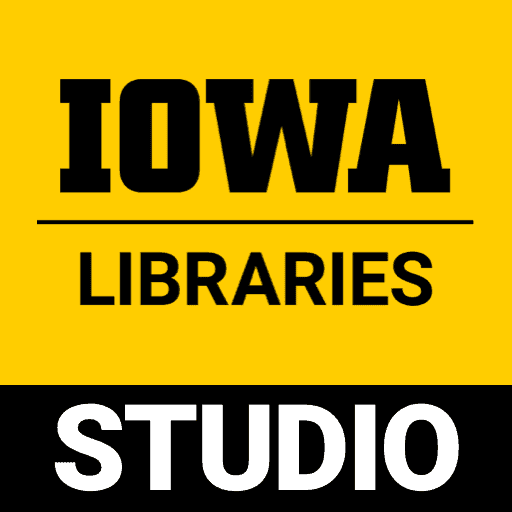My digital certificate journey is coming to an end. As I continue to work on my dissertation, I will continue to think about the skills I have learned working with the digital studio team. When I started my project, my goals were: 1. learn to scrape data from posts and comment sections from two main websites: an interactive video-sharing website, Bilibli (https://www.bilibili.com/), and a social media site, Weibo (https://weibo.com/); 2. Organize and clean data to produce manageable spreadsheets for further theme coding; 3. Contribute to a bigger dataset for my dissertation; 4. Feminist preservation and archiving of heavily censored queer feminist content in China. I am currently perfecting the codes and troubleshooting any potential issues. My next step is to organize the data I have collected by making a local web application for easy access on my computer.
I have been thinking about how I should present the results of my digital archive once it is finished. My focus lies on digital publishing accessibility as well as open-access publishing. I have been thinking about how journals function with so many people’s free labour yet are highly inaccessible to the general public. Many journals in my field, media studies and communication, are behind the paywall. People can either access through their universities or pay a hefty fee. The scholars who publish in these journals aren’t paid, and peer reviewers aren’t paid either. These people do the major part of knowledge production, and if they don’t get paid, who gets paid to justify the paywall? Some open-access journals are run by graduate students and are more public-facing, somehow they are considered less rigid research than these punished behind the paywall. I am thinking about the future audience of academic research and the pro and cons of digital publishing. I have already witnessed a movement of Chinese feminist activists self-publish on Internet platforms. They offer incredible knowledge production and community building on feminist activism from their lived experiences and on-the-ground activist work. I think academia has appropriated and even been predatory toward feminist activists’ work and theories. The usual process in academia is scholars interviews activists and studies their activist work. They translate activists on the groundwork into journal publications and books and become the spokesperson and authority of activist work. Academia has this history of appropriating and capitalizing on feminists and activists of colour’s anti-racist work because this is what the system encourages and pushes scholars to do to climb the ivory tower’s ladder. What I am witnessing about this more public-facing digital activist publishing challenges an imbalanced power dynamic between scholars and activists. I think this movement also challenges what scholar-activist entails and the responsibilities of being a scholar-activist, other than an easy label to throw around as a scholar. I am interested to read more about publishing ethics. Moreover, as a teacher, I have been thinking about what types of reading are the best for my students to learn. With the increasing popularity of Internet critical video essays and public opinion pieces that are not only insightful and high quality but entertaining and accessible to the general public, I am questioning the use of academic journals behind the paywall.
